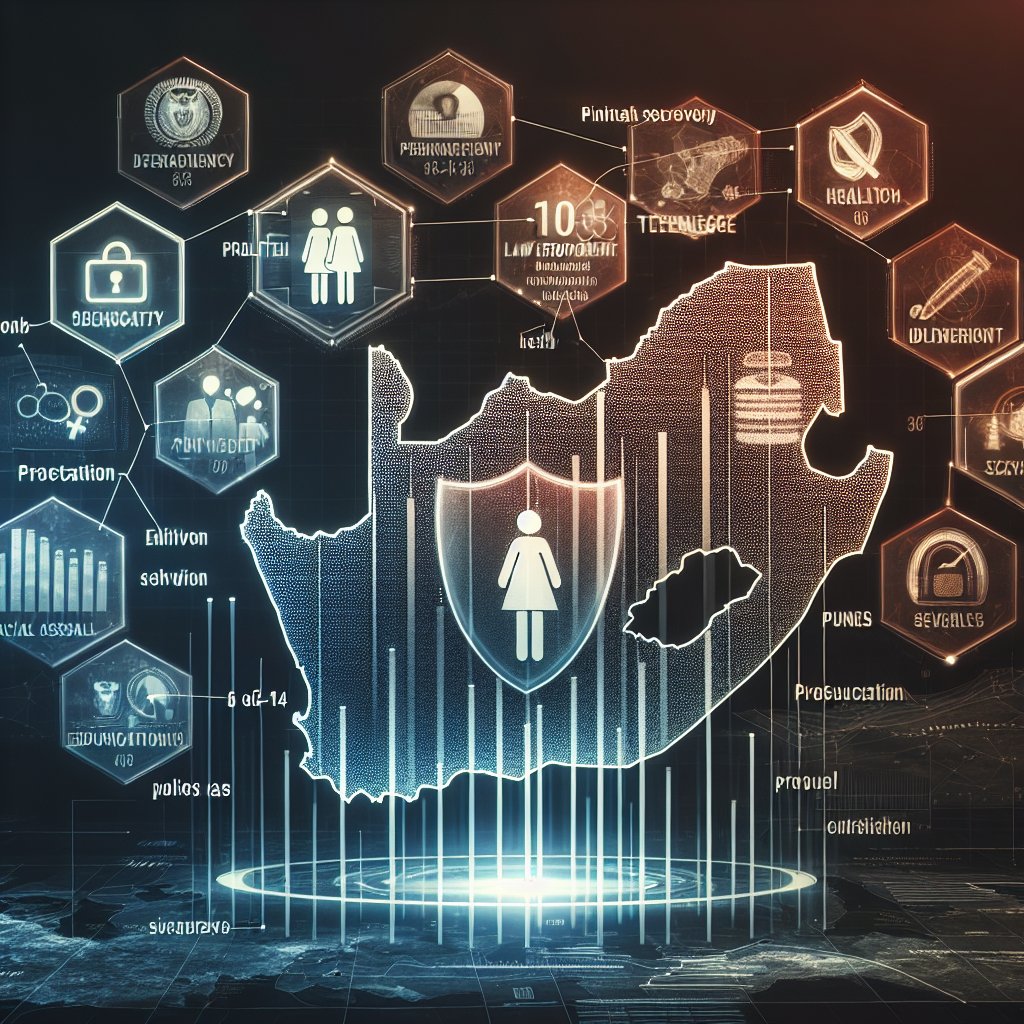Image created by AI
DA Demands Harsh Penalties for Sexual Assault amid South Africa's High Teenage Pregnancy Rates
In an urgent response to the distressing figures on teenage pregnancy in South Africa, the Democratic Alliance (DA) has advocated for the imposition of severe punitive measures on individuals convicted of sexual assault. This stance emerges in light of the World Health Organization (WHO) data indicating South Africa's alarming teenage pregnancy rate, which is one of the highest globally.
The recent revelations from the WHO underscore a grim reality, with nearly 25% of South African girls experiencing pregnancy before reaching the age of 20. This startling fact has been at the forefront of the DA's concerns, prompting Deputy Spokesperson on Social Development Alexandra Abrahams to express her deep-seated shock at the escalating trend. The crux of Abrahams' argument underscores a crucial need for interrogative reflection on the reporting rate of such cases, specifically focusing on a perplexingly high number of pregnancies amongst girls as young as 10 to 14 years of age.
Echoing the DA's sentiment, Deputy Minister of Women, Youth and Persons with Disabilities, Mmapaseka Letsike, emphasized her agitation with the continuous rise in teenage pregnancies. The statistics from the Department of Health paint a troubling picture for the 2023/24 financial year, revealing that more than 2,700 young girls between the ages of 10 and 14 have given birth in public healthcare facilities.
Underpinning Letsike's concerns is the stark characterization of pregnancies within this age bracket as instances of statutory rape—a criminal offense against minors below the age of consent. The social and economic repercussions of teenage pregnancy are profound, impacting not only individual lives but also the fabric of the society at large.
The narrative laid out by the WHO and national health authorities spotlights the intersection of health, law enforcement, and social welfare imperatives. The DA's call to action signals an imperative to address the multifaceted nature of teenage pregnancy through a justice system that ensures offenders face significant consequences. As South Africa confronts this grim statistic, there's an evident need for collaborative efforts, policy reform, and educational initiatives that could aid in both prevention and the administration of justice.
The ramifications of sexual assault and teenage pregnancy extend beyond immediate individuals—highlighting a societal challenge that necessitates a robust, decisive, and collective response involving all stakeholders. With appropriate interventions, South Africa hopes to see a future where young girls are better protected, and where their potential is not compromised by early, forced motherhood.










